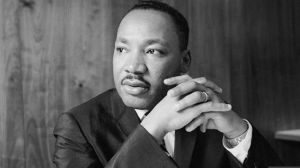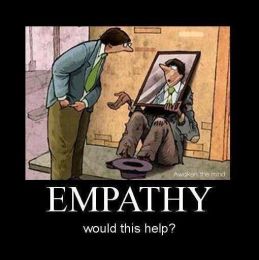Continuing from our last post, we now go into the psychic parallels which arise from the science of light. Preston Harold continues…
Thus, in psychic parallel, one might say that as a person comes into each life experience, the measure of good and evil he must or can expend is determined by the measure of the opposing frequencies associated in his ego-group, and there is one measure in him that can act as (+) or (-), to give or to receive, and it terminates each action, providing also the boundary to his life-experience when his capacity to exert constructive and destructive force is both fulfilled – that is, both expended and received to the precise extent premeasured for this only life experience. How he fulfills this measure is a variable, but with each move some of both forces is expended and received – the man is “salted”: he gains a measure of immunity to evil-doing because the sum of his memory-images, and thus his capacity to act and react to any stimuli or the suggestion of it, is altered and his empathy turns him out of certain paths, into others.
Most of the time it is difficult for us to see the reason or sense in any evil. We usually equate all evil to be of the same measure; to transgress one part of the law is to transgress the whole. But the wise among us are able to see so-called evils in a larger, wider context as is illustrated in the legend of Moses and Khidr:
That a creative process is involved in much that appears on the surface to be purely evil is projected in the legend of Moses and Khidr which Dr. von Franz presents in discussing the aspect of the unconscious that Jung called the “shadow.” She says:
The ethical difficulties that arise when one meets one’s shadow are well described in the 18th Book of the Koran. In this tale Moses meets Khidr (“the Green One” or “first angel of God”) in the desert. They wander along together, and Khidr expresses his fear that Moses will not be able to witness his deeds without indignation. If Moses cannot bear with him and trust him, Khidr will have to leave. Presently Khidr scuttles a fishing boat of some poor villagers. Then, before Moses’ eyes, he kills a handsome young man, and finally he restores the fallen wall of a city of unbelievers. Moses cannot help expressing his indignation, and so Khidr has to leave him. Before his departure, however, he explains the reasons for his actions: By scuttling the boat he actually saved it for its owners because pirates were on their way to steal it. As it is, the fishermen can salvage it. The handsome young man was on his way to commit a crime…By restoring the wall, two pious young men were saved from ruin because their treasure was buried under it. Moses, who had been so morally indignant saw now (too late) that his judgement had been too hasty….Looking at this story naively, one might assume that Khidr is the lawless, capricious, evil shadow of pious, law-abiding Moses. But this is not the case. Khidr is much more the personification of some secret creative actions of the Godhead.
The legend would seem to say that one is short-sighted when he turns his back on humankind or God because he cannot reconcile within his concept of morality life’s apparently witless, useless evil.

In this sense one recalls the Book of Job, one of humanity’s oldest books asking one of humanity’s most important questions: why do we suffer? Good and evil can certainly be relative when the big picture is seen. This is why Jesus tells us not to judge. It is with this thought in mind that we continue on to our next installment. Until then, peace.




